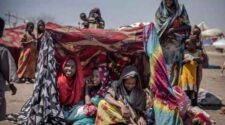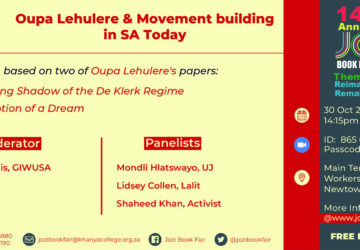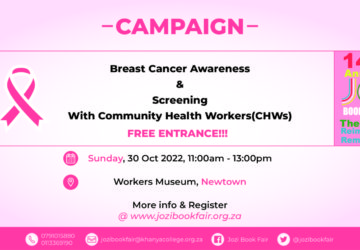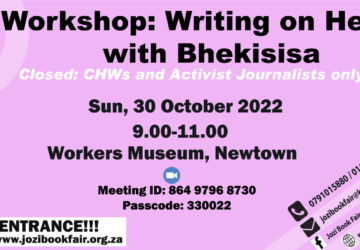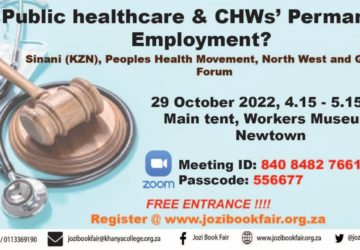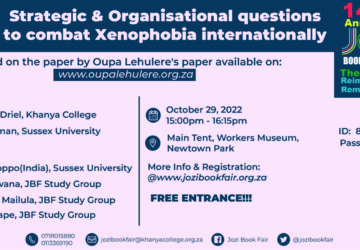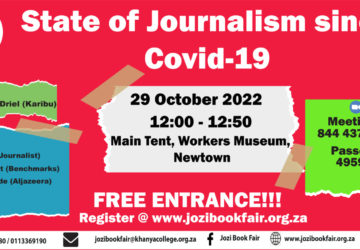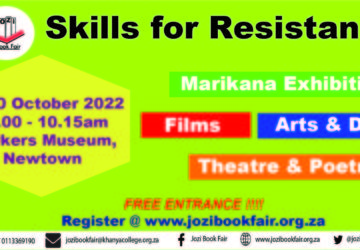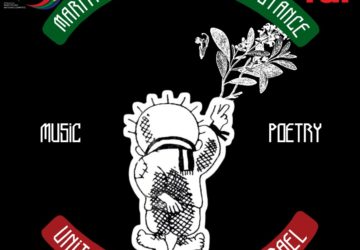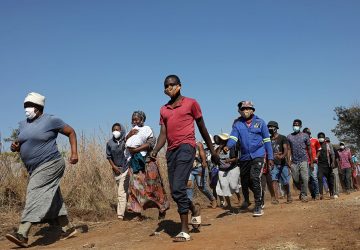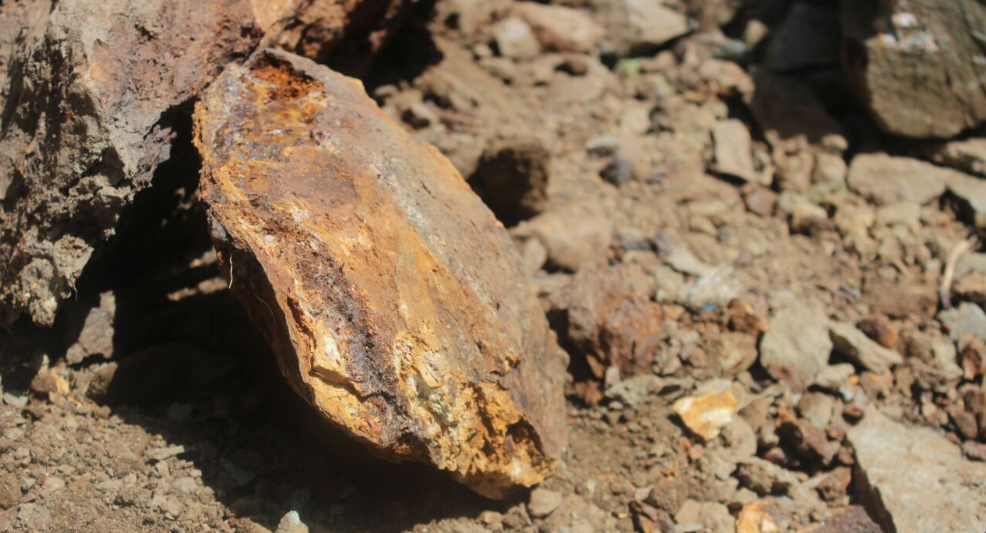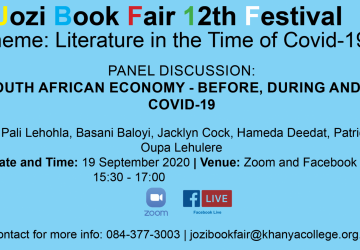In response to fears of fraud, SASSA continues to roll out more and more layers of digital red tape around the R350 SRD grant. With little of this explained clearly, and even less of it done properly, it is the poorest that suffer.
Over this year, an increasing wave of SRD beneficiaries have found themselves slapped with a “referred” status, freezing their support. This means that SASSA flagged their ID as being linked to fraudulent activity. They state that those wrongly flagged only have to pass a biometric test by contacting their call centre for an SMS with a link to facial recognition process, linked to Department of Home Affairs’ system.
This method is now, suddenly, the go-to for a number of problems that have stripped away access to the SRD grant.
- First, the Cash Send payment option has been practically unusable since 2022 because of demands to allow only RICA’d cell phone numbers to be paid, while the RICA system remains an unsolvable mess and unsuitable to the grant’s intended audience.
- Then we had Post Bank unable to actually verify new clients, making hollow their offer to provide zero-fee banking for grant claimants; and seeing the quiet and unannounced removal of Retailers as a payment option in 2023 for any new applicants or those wishing to change.
- In addition to this, overnight, beneficiaries are now barred from updating their own contact numbers registered with their SRD grant; as SASSA’s way of shutting down unauthorised changes.
As of this moment, one can only access any of these options through the SASSA call centre, and successfully passing the biometric test. This system sounds clever, unless you are the one who has to try use it.
Firstly, you would have to know about it.
Except for a single tweet this month, this whole new biometric system has gone largely unannounced and unexplained publicly – despite our requests to SASSA for official, clear and repeated public communication on such matters. Instead, the internet remains flooded with false or outdated information, and many beneficiaries remain panicking in the dark. (*https://twitter.com/OfficialSASSA/status/1677290462846107648)
Secondly, you would need to access it.
The SASSA Call Centre is under-capacitated. Every beneficiary has debated over when best to try call the hotline (0800601011) for hopes of getting through or knows the lack of hope of even getting a reply from their email (grantenquiries@sassa.gov.za). You are limited to these two options; you cannot go to a physical office; there is no other choice. This isn’t fully SASSA’s fault. Anyone paying attention to the SRD Grant’s budget since 2020 knows what they are not allowed to say: National Treasury has knowingly set them up with an insufficient budget and has continually chopped it down since. But this is being made the beneficiaries’ problem.
Thirdly, the system would need to work.
Every SRD application requires a cell number connected to every claimant. For numerous SRD beneficiaries, having to change cell numbers is a regular event; lost phones, borrowed pieces, or even no smartphone at all; with many sharing the same number. Over the many we’ve tried to assist this month with updating their contact details, the response from the call centre has been the same: “There is a long waiting list”, “you will have to join the que”. Can we be told how long it will take? “I don’t know”. When should we phone back to request again? “You must wait”.
For those stuck with “referred” statuses, this treatment is nothing new. It is common to have beneficiaries waiting months for a promised verification link never sent. In reality, the DHA’s relevant system is reported to frequently crash, wiping the waiting list – not that the waiting beneficiaries are informed. If it does arrive, its online nature and 72hr validity works against those in rural places with unstable connection or electricity supply. The average quality of beneficiaries’ phone cameras worsens the chances of success. Where DHA photos are outdated, there is no chance currently.
We do not condone fraud in social protection; it is a waste of public resources, and cruel exploitation of vulnerable grant beneficiaries. These moves by SASSA in response to official pressure to clamp down on controls, however, are harmful. This blanket attempt to ‘protect’ SRD grant beneficiaries by centralising all processes in a faulty, under-capacitated, and fully digital system ends up denying them agency and the support they need. The case of 5812 officials flagged for SRD-related fraud, where only 221 cases were considered, resulting in only 1 dismissal, stands in shocking contrast. From this point, we cannot see that #SASSACares.
We call for a universal basic income, yet we recognise the importance of ensuring fair and just access for a UBI or SRD. However, we believe that such far-reaching system changes must be actively considered and consulted, & properly communicated and resourced.
END
________________
For further information, please contact:
- Elizabeth – +27 78 617 5489
- Boniswa – +27 73 8334 314
Or email us at Media@paythegrants.org.za
This press statement was released by #PayTheGrants on 18 July 2023.


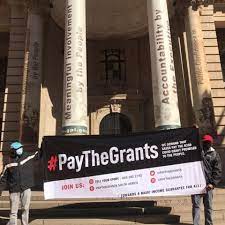
 Download PDF
Download PDF



